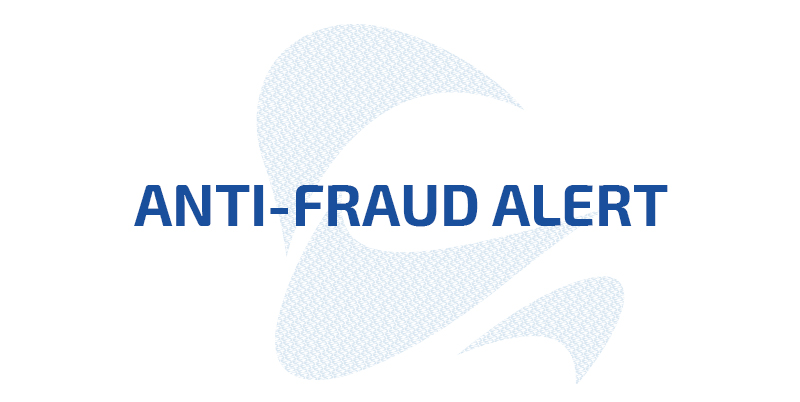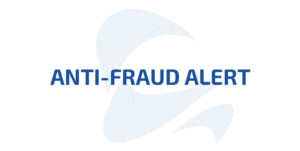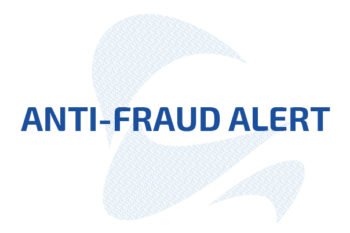Recently, it has been noticed an increase in fraud attempts carried out by individuals whose method is to steal monies and the corporate identities of shipping companies and agencies. As part of the fraud attempt, the perpetrators register a domain address mimicking company, misspelling the domain address slightly to make it look like the genuine one, then sending fraudulent emails using the new domain address. Example:
info@silverburngroup.com – our genuine email address
info@sllverburngroup.com – fake fraudulent email address (i – changed to l)
Using the fraudulent email address, the perpetrators swap the companies bank account with the aim to steal the payment. The perpetrators appear to be knowledgeable of the shipping industry and, in some cases, may even have access to genuine or at least genuine-looking documents originating from company and providing supporting documentation in order to persuade payer to make a payment to fraudulent bank account.
Using fake email address fraudsters may get involved into mail thread in between the correspondence where counterparties exchange payment information and documents. This also can be done for both sides – so client will keep corresponding with fraudster and same time supplier will be corresponding with fraudster without even noticing it. They change correspondence for both sides in order to make it look genuine, in fact on both ends it may have different conversations.
Please, if you receive any unusual messages, or any messages advising that our bank account details have changed verify these with your usual contact at Silverburn Shipping IOM Ltd. Rather than replying to a suspicious email, we kindly request you to contact us by phone to verify that the sender is in fact Silverburn Shipping IOM Ltd or any of its group companies. Please bear also in mind that our communications will come only from our official domain silverburngroup.com or any other nominated domain. We kindly ask you to attentively verify senders/receivers domain name when exchanging payment information.
It has also been noticed and reported that some companies are also invoicing non-existing or fake services. Fake invoice scams happen when fraudsters send an invoice or bill to a company, requesting payment for services. In fact, the invoice is fake and is for goods and services that haven’t been ordered or received. These invoices (and any covering letters) may appear to be printed on company headed paper but are more likely scanned copies from an original document and printed onto paper using a domestic printer so the company logo may appear less sharp and slightly blurred. Please be aware and always verify that the invoice is legitimate.
Please report us immediately if you notice any similar suspicious activity coming in from our domain mailbox.
We thank you for your cooperation.







